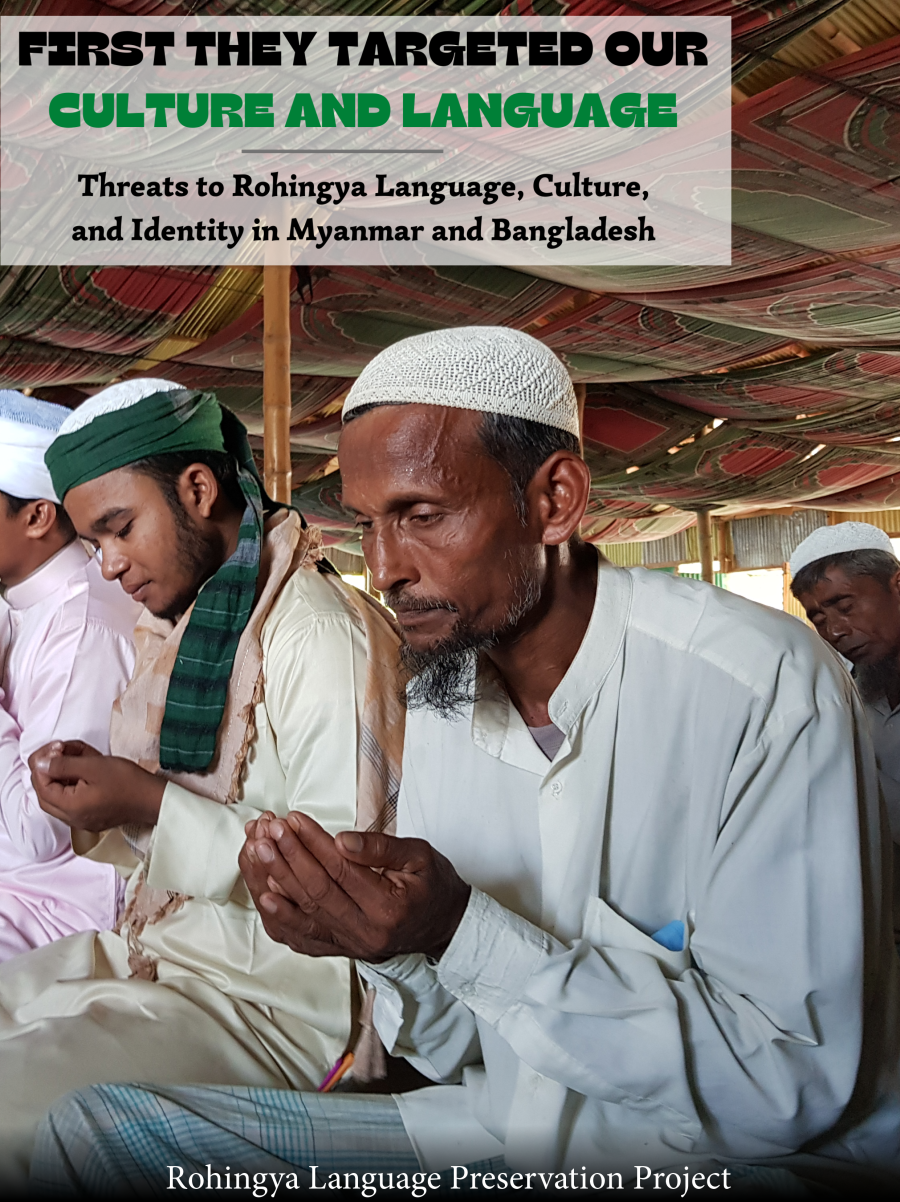The following two articles regard massive protests that took place in Bangladesh yesterday demanding a ban on open pit mining scheduled to break ground in the northwest region of Phulbari. See Cultural Survival's Action Alert on Bangladesh here to send a letter in solidarity with the Indigenous farmers of this area against the destruction of their land.
Villagers rally against open pit mining
Source: New Age (Bangladesh daily newspaper)
March 29, 2011
The national committee to protect oil, gas, mineral resources, ports and power on Monday enforced a six-hour road and rail blockade at Phulbari in Dinajpur, demanding implementation of its seven-point demands including compensation for Aman crops near Barapukuria coal mine area.
At a meeting, the leaders of the committee demanded for withdrawal of cases that were filed on January 21 in the local police station against local people who obstructed a government move for conducting survey to assess the amount of damage due to coal extraction from Barapukuria coal mine.
The oil-gas protection body has been spearheading a campaign against open pit mining and involvement of foreign companies in coal extraction and coal export.
The committee has been demanding for ousting global coal management-- the other name of Asia energy-- from the country.
The blockades suspended communications between Dinajpur and Dhaka, Rangpur, Bagura, Rajshahi via Phulbari by road for six hours starting from 6am to 12pm. Even no trains passed through Phulbari station and all offices and educational and business institutions remained shut during the blockade.
Sheikh Mohammad Shahidullah, convener of the committee, in a meeting arranged by the local committee of the oil-gas protection committee said that people of two adjacent Upazilas--Phulbari and Barapukuria--will not allow open pit mining in their area.
He said that massive destruction would appear in the north Bengal of the country if the government allows extraction of coal by open pit method.
He demanded compensation for 100 years for the affected people for land subsidence due to coal extraction from Barapukuria.
Calling the movement the second war of independence after 1971, Anu Mohammad, member secretary of the committee, said that independence meant establishing control over own national resources.
Nur Mohammad, a member of the central committee called on women to participate in the movement more effectively as women and children would be severely affected by any evacuation.
He urged the local people to be united in protesting against all activities against the interest of the people.
In capital Dhaka also, the oil-gas protection committee staged a rally led by its central leader Shamsul Huq.
The rally over, a procession paraded the street from the national press club to Purana Paltan crossing.
The committee, earlier on February 28, gave a one-month ultimatum for fulfilment of their demands.
__________________________________________________________________________
Locals say 'no' to open pit mining at Barapukuria
Source: The Daily Star
March 29, 2011
National Committee for Protection of Oil, Gas, Mineral resources, Power and Port, supported by a section of locals, observed a six-hour-long road and rail blockade programme in Phulbari upazila yesterday in protest against the government's plan to go for open pit mining at Barapukuria.
The speakers at a rally on the occasion also urged the government to meet the six-point demand as per the agreement signed on August 30 in 2006, following the death of three people on August 26 the same year when aggrieved villagers tried to besiege the Asia Energy office in Phulbari.
During yesterday's programme, the agitators damaged two microbuses, a motorcycle and a bicycle.
The blockade programme that started at 6:00am forced the railway authorities to reschedule the times of seven intercity trains plying different routes from Dinajpur to Dhaka, Rajshahi and Khulna.
The trains that departed from their respective stations remained stranded at railway stations in Birampur and Parbatipur upazilas, much to the sufferings of thousands of passengers, said Md Abdus Sattar, stationmaster of Phulbari railway station.
The protesters also burnt tyres and continued picketing at different places of Phulbari upazila, disrupting road communication between Dinajpur and other parts of the country during the six-hour-long blockade programme.
At a rally held at Dhaka Moar, Anu Muhammad, secretary general of National Committee for Protection of Oil, Gas, Mineral resources, Power and Port, and its convener Sheikh Muhammad Shahidullah, local leaders and a few leaders of left leaning parties spoke.
At the rally chaired by Syed Saiful Islam Jewel, convener of Phulbari unit of the protection committee, the speakers gave more 15 days to meet their demand.
Earlier on February 28, the leaders observed a blockade programme at the same places and gave a 30-day ultimatum for the same.
Ahead of yesterday's protest programme, police and Rapid Action Battalion members were deployed on Sunday night to tighten security of Asia Energy Office, Phulbari Railway station and other key establishments in the upazila, sources of Dinajpur police administration said.

